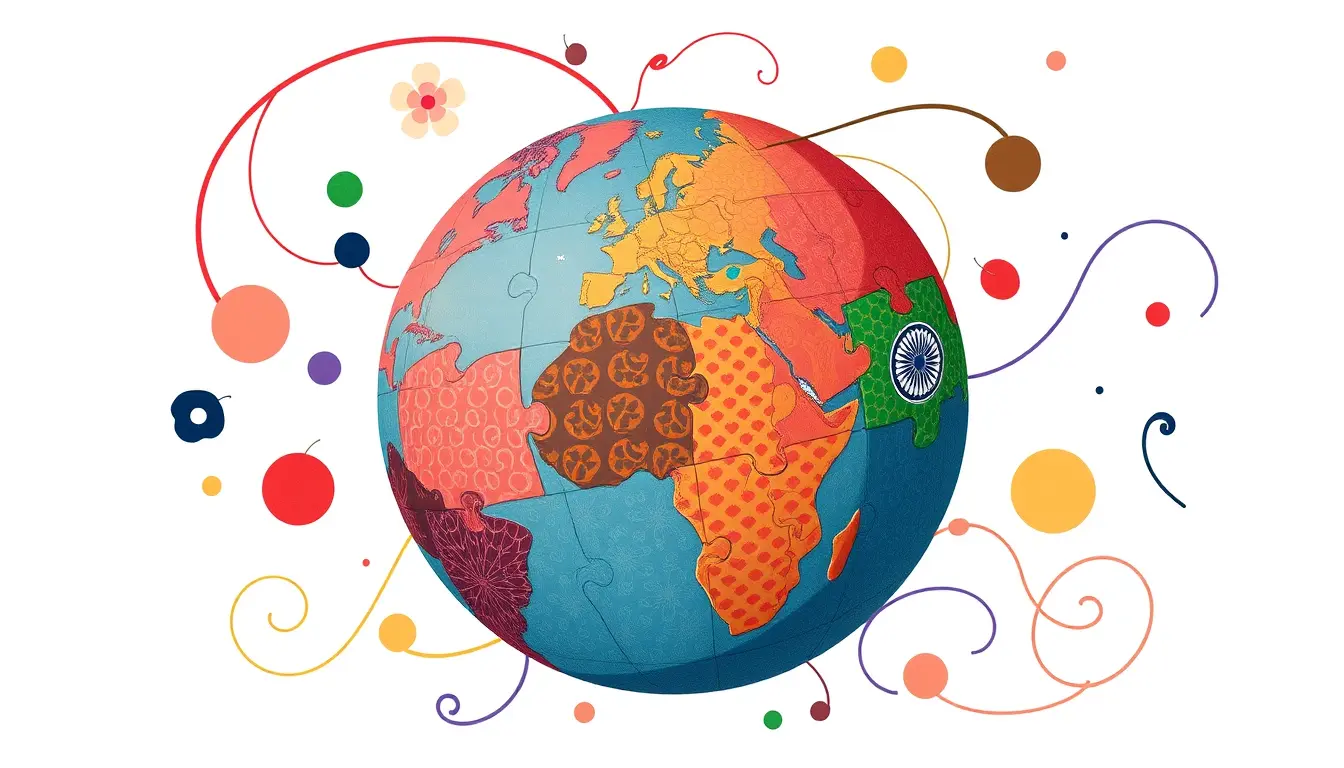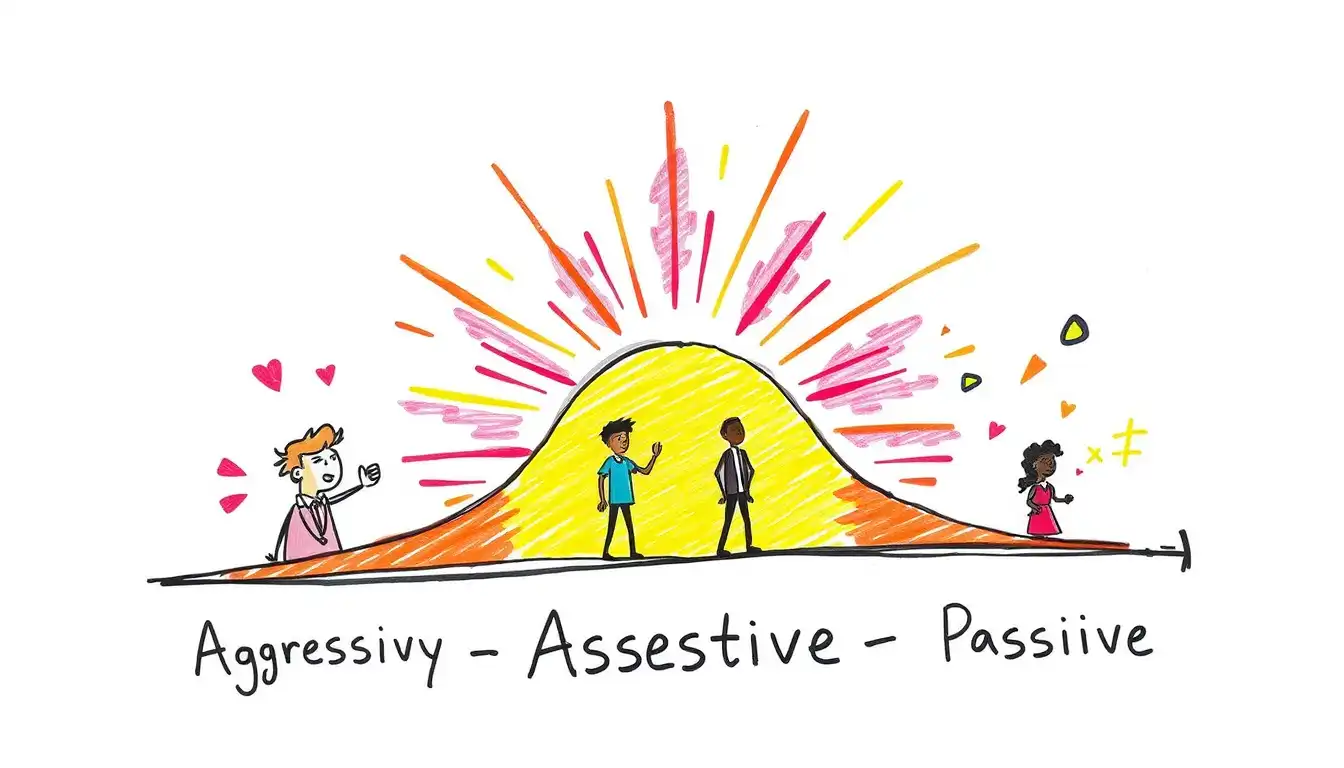International negotiation is a crucial aspect of global business, politics, and diplomacy. It involves communication and compromise between parties from different cultural backgrounds to reach a mutually beneficial agreement. Effective international negotiation requires a deep understanding of cultural differences, language barriers, and conflicting interests.
The Art of International Negotiation
International negotiation is an art that requires skill, patience, and strategy. It involves understanding the other party’s needs, interests, and limitations to craft a deal that satisfies both parties. A successful international negotiator must be able to navigate complex cultural differences, communicate effectively, and build trust with their counterparts.
One of the most significant challenges in international negotiation is the cultural gap between parties. Cultural differences can lead to misunderstandings, miscommunication, and conflict. For instance, in some cultures, direct communication is valued, while in others, indirect communication is preferred. A skilled international negotiator must be able to adapt their communication style to the cultural context.
The Role of Language in International Negotiation
Language is a critical component of international negotiation. Language barriers can lead to misunderstandings, misinterpretation, and conflict. In international negotiation, it is essential to have a common language to facilitate communication. However, even with a common language, cultural nuances and idioms can lead to misunderstandings.
For example, in the 1980s, the American company, Gerber, launched a baby food product in Africa with a label featuring a baby. In Africa, it is common to feature images of the product’s contents on the label. However, in the West, it is common to feature images of happy babies on baby food labels. The cultural misunderstanding led to a significant marketing failure for Gerber.
Famous International Negotiation Examples
There are several famous international negotiation examples that demonstrate the art of negotiation. One of the most notable examples is the Camp David Accords, a peace treaty between Israel and Egypt brokered by the United States in 1978.
The Camp David Accords were the result of intense international negotiation between Israeli Prime Minister Menachem Begin, Egyptian President Anwar El-Sadat, and US President Jimmy Carter. The negotiation involved complex issues, including border disputes, security concerns, and economic interests. The agreement was a significant milestone in Middle East peace negotiations and demonstrated the power of international negotiation.
Another famous example is the Iran Nuclear Deal, a multilateral agreement between Iran, the United States, the European Union, and other countries in 2015. The deal involved complex negotiations over Iran’s nuclear program, economic sanctions, and security concerns. The agreement was a significant achievement in international diplomacy and demonstrated the power of negotiation in resolving complex global issues.
International Negotiation Strategies
International negotiation strategies are critical to achieving a successful outcome. One of the most effective strategies is the principled negotiation approach, which involves separating the people from the problem, focusing on interests rather than positions, and generating options that satisfy both parties.
Another effective strategy is the distributive bargaining approach, which involves negotiating over a fixed pie. This approach is often used in business negotiations, where parties negotiate over prices, quantities, and delivery dates.
The Role of Emotions in International Negotiation
Emotions play a critical role in international negotiation. Emotions can influence negotiation outcomes, and skilled negotiators must be able to manage their emotions and those of their counterparts. Emotional intelligence is essential in international negotiation, as it enables negotiators to empathize with their counterparts, build trust, and manage conflicts.
For example, in a negotiation between a Japanese and an American company, the Japanese negotiator may feel offended by the American’s direct communication style. A skilled negotiator would recognize the cultural difference and adapt their communication style to avoid misunderstandings.
Challenges in International Negotiation
International negotiation is not without its challenges. One of the most significant challenges is the power imbalance between parties. In many international negotiations, one party may have more power, resources, or influence than the other. A skilled negotiator must be able to navigate power imbalances to achieve a mutually beneficial agreement.
Another challenge is the complexity of international negotiations. International negotiations often involve multiple parties, complex issues, and conflicting interests. A skilled negotiator must be able to manage complexity, prioritize issues, and build coalitions to achieve a successful outcome.
The Impact of Technology on International Negotiation
Technology has revolutionized international negotiation. With the advent of digital communication tools, negotiators can communicate more effectively, share information, and collaborate in real-time. Video conferencing, email, and instant messaging have reduced the need for face-to-face meetings, making international negotiation more efficient and cost-effective.
However, technology also poses challenges in international negotiation. Language barriers, cultural differences, and technical issues can hinder communication and create misunderstandings. A skilled negotiator must be able to navigate the challenges of technology to achieve a successful outcome.
Conclusion
International negotiation is a complex and nuanced process that requires skill, strategy, and cultural understanding. Effective international negotiation can lead to mutually beneficial agreements, economic growth, and global peace. By understanding cultural differences, language barriers, and conflicting interests, negotiators can craft deals that satisfy both parties. Whether in business, politics, or diplomacy, international negotiation is an essential skill for success in the global arena.
FAQ
What is international negotiation?
International negotiation is the process of communication and compromise between parties from different cultural backgrounds to reach a mutually beneficial agreement.
What are the key challenges in international negotiation?
The key challenges in international negotiation include cultural differences, language barriers, power imbalances, and conflicting interests.
What is the principled negotiation approach?
The principled negotiation approach involves separating the people from the problem, focusing on interests rather than positions, and generating options that satisfy both parties.
What is the role of emotions in international negotiation?
Emotions play a critical role in international negotiation, and skilled negotiators must be able to manage their emotions and those of their counterparts to achieve a successful outcome.
How has technology impacted international negotiation?
Technology has revolutionized international negotiation, enabling more efficient and cost-effective communication, but also posing challenges such as language barriers, cultural differences, and technical issues.







Leave a Reply